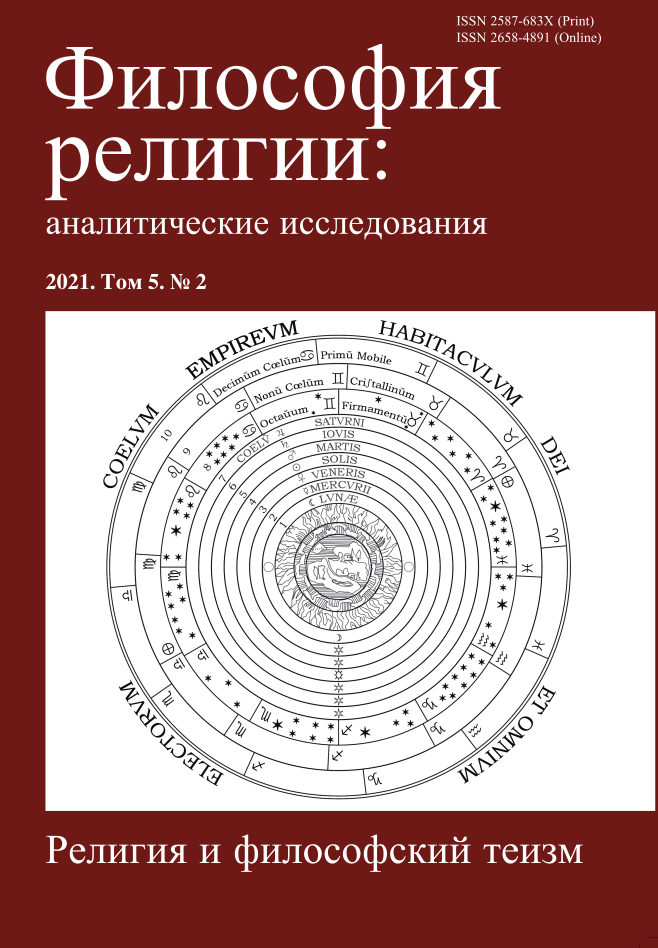Философская теология Альберта Великого
DOI:
https://doi.org/10.21146/2587-683X-2021-5-2-94-129Ключевые слова:
философия религии, философская теология, средневековая схоластика, метафизика, доказательства существования Бога, Альберт ВеликийАннотация
Творчество Альберта Великого принадлежит к важному этапу развития схоластической мысли XIII в., на протяжении которого происходило осмысление и адаптация античного и арабского философского наследия с последующей его интеграцией в христианскую теологию. В статье рассматриваются некоторые аспекты этого процесса применительно к философской теологии Альберта (в частности к его попыткам синтезировать на основании различных источников некую общую схему доказательств существования Бога), для чего привлекаются как философские комментарии немецкого теолога к трактатам Аристотеля, так и его «Сумма теологии». В итоге, во-первых, показывается, что вопреки распространенной сегодня точки зрения, согласно которой схоластические доказательства существования Бога рассматривались их авторами не как собственно доказательства, но как некое квазирациональное «структурирование веры», Альберт видел в них общезначимые аргументы, восходящие к философским экзерсисам античных мыслителей-язычников. Во-вторых, выявляются источники философско-теологической аргументации Альберта и те трудности, с которыми он столкнулся при совмещении различных исторических подходов к доказательству существования Бога (в частности, различных подходов к доказательству «от движения» и различных трактовок аристотелевского первого двигателя из VIII книги «Физики»). Наконец, в-третьих, предполагается, что, хотя фундаментальные черты философской теологии Альберта в значительной степени определяются эклектическим по сути схоластическим дискурсом первой половины XIII в., она, тем не менее, стала той основой, на которой впоследствии возникли новаторские системы, такие, например, как философская теология «Суммы» Фомы Аквинского.

 Материалы доступны по лицензии
Материалы доступны по лицензии
